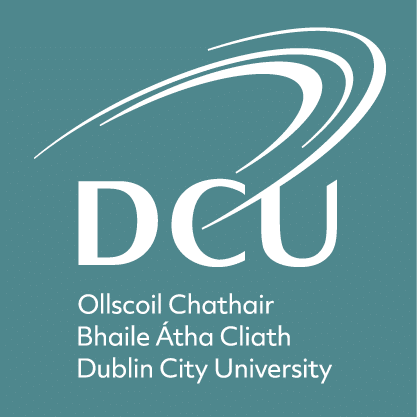Introduction
Conflict takes many forms – not just direct violence – and we are all affected by it. Understanding the processes and driving forces at work is essential in our ever-changing world. The MA in International Security and Conflict aims to provide you with the tools to make your own analysis in our increasingly interconnected world. Why do people feel threatened? How do some groups manage to overcome their differences? What is the effect of peacekeeping, online radicalisation, or international treaties?
We welcome students from around the world, and many have worked in conflict or security in some way. Some have studied very different undergraduate degrees but have a real interest in the subject. Our lecturers are themselves researching areas such as political economy, human rights, conflict resolution, post-war reconstruction, transitional justice, and regional studies. The classroom is a space for lively debate – it’s your chance to explore and learn together.
Core subjects in the first semester help to set out the foundations of security, conflict, and peace. In the second semester you will find a wide range of optional modules on offer. These normally include development, trade, human rights, political terrorism, climate change, gender, and area studies such as Asia or Africa. You will also write a dissertation of up to 15,000 words, for which there is support from the beginning of the course, including one-to-one supervision.
Full-time and part-time options
The MA can be completed on a full-time basis over 12 months, or part-time over two years. The year starts in the second half of September. For the part-time course, the compulsory modules, and a selection of the most important optional ones, are normally taught on a single afternoon/evening per week between 2pm and 8pm. Depending on which optional modules are chosen, part time students would not normally have activities scheduled outside of this time.
Programme Structure and Content
This MA can be completed in one year on a full-time basis, or in two years on a part-time basis.
As a full-time student, you’ll take three core modules in Semester 1, along with a research methodology class. In Semester 2, you’ll take three modules from a range of thematic- and region-focused options. A 15,000 word dissertation is due in September.
If you’re a part-time student, you’ll complete all modules (three core modules, a research methodology class, and three optional modules) over the course of two years, taking one or two modules per semester. A 15,000 word dissertation is due in September of Year 2.
The programme features seminars and presentations by guest speakers—including politicians, officials, academics and diplomats—that prompt you to explore key issues in international politics, security, and development, as well as to build connections to key practitioners.
Programme Aims and Objectives
- Link theory, policy and practice.
- Offer high quality academic training in international security.
- Give participants a critical understanding of different theories of and frameworks for security and conflict studies.
- Enhance the practical skills of participants in the areas of research, communication, policy analysis, and programme and project management.
- Develop participants’ interests in the pressures giving rise to and created by the intersection of globalising forces with the maintenance of national and international security.
Why Choose DCU?
- The School of Law and Government is Ireland’s leading academic department for the study of international development, environment and conflict studies.
- DCU is a young, innovative university with a reputation for excellence in teaching and research consistently rated in the ‘Top 50 under 50’ by the QS World University Rankings.
- This MA is highly regarded in Ireland and internationally and provides a challenging and innovative learning environment.
- Gain in-depth knowledge of the fields of international development, environmental change and management, and conflict and security studies, and how they combine to shape contemporary world politics.
- Get a head start in your career as you build relationships and contacts with colleagues, specialists and policy makers from a variety of backgrounds.
- Open doors to further postgraduate studies in International Development, Environmental Studies, Political Science and International Relations, and Security Studies.
Why Do This Programme?
- Gain an in-depth knowledge of the political, social, economic, historical, and cultural contexts of the international security system and its institutions, including international security organisations and the law of armed conflict.
- Understand specific aspects of international security in the contemporary world, including peacekeeping and peace-making interventions, terrorism, failed states and human security.
- Open doors to further postgraduate studies in Conflict Studies, International Relations, Peace Studies, Politics/Political Science, Security Studies, Strategic Studies and Terrorism Studies.
- Learn through interactive, hands-on teaching methods in small group settings, and get a head start on your career through relationships with colleagues from varied backgrounds and specialisms.
For more info, see: https://www.dcu.ie/courses/postgraduate/school-law-and-government/ma-international-security-and-conflict-studies
